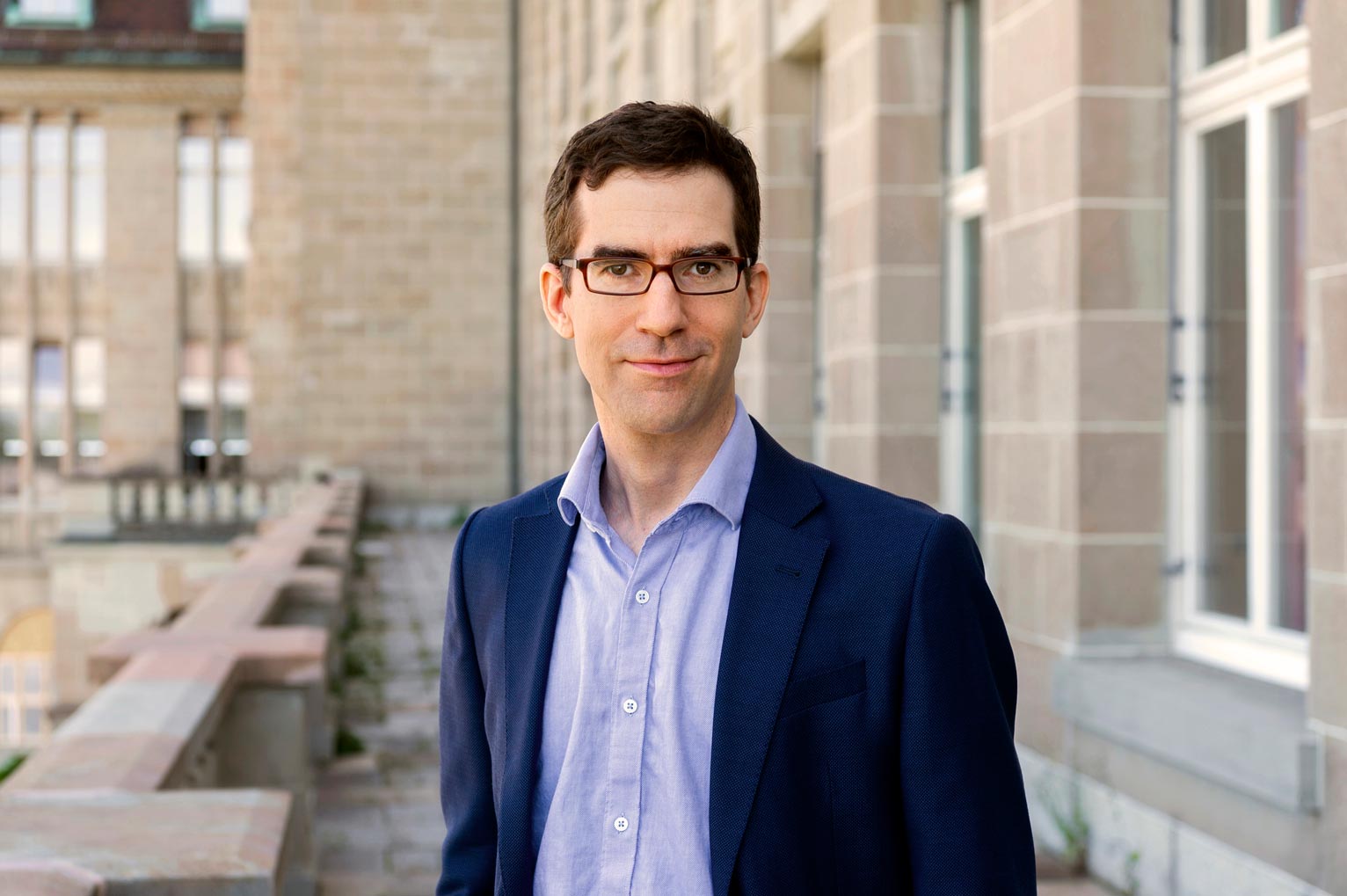Research highlight
This article was conducted by Victoria Watts and Solenn Le Goff and originally published in the Department magazine .inspired No. 16 in German.
The European Single Market allows its citizens to choose in which country they want to work. This freedom of movement should lead to a convergence of wages and employment rates across countries. However, despite increasing migration flows within Europe, a full equilibration of wage levels is not in sight.
The Treaty of Rome, which was signed by West Germany, France, Italy and the Benelux countries in 1957, envisioned the creation of a common market with free movement of goods, capital, services, and persons. Today, legal barriers to migration have been dismantled within a European labor market that comprises more than 460 million individuals across 31 countries. Migration within the continent increased substantially following the European Union’s eastern enlargement, as many citizens of the new member states moved to Western Europe.
Wage differentials between EU countries narrowing, considerable differences remain
In principle, labor market integration could eventually lead to an equilibration of wages across countries. To examine convergence in the European Market, the paper compares the evolution of real wages across countries between 2008 and 2018. While wages in poorer countries such as Romania and Poland increased relative to the German benchmark, wages in richer nations such as Denmark or the Netherlands grew more slowly. As a result, the wage dispersion across European countries declined by a third during this decade, yet sizable wage differences persist. The ability to migrate is particularly valuable for the citizens of Europe’s poorer countries. For instance, the number of Bulgarian workers in other EU countries corresponds to 8 percent of Bulgaria’s domestic population, and the paper computes that their wage gain from migration is as high as 6% of Bulgaria’s GDP.
There are however many persistent obstacles to migration that slow labor market integration in Europe. The EU has 24 different official languages, and a lack of proficiency with a host country’s language limits immigrants’ ability to find jobs while reducing their productivity in the workplace and inclusion in society. Occupational certificates from one country may not be recognized in another, despite ongoing efforts towards more harmonization. Moreover, there is evidence for discrimination against individuals with foreign nationalities, and skepticism about migration is present in many countries’ political debates. As a result of these factors, we are still far away from a fully integrated European labor market.
This article was conducted by Victoria Watts and Solenn Le Goff and originally published in the Department magazine .inspired No. 16 in German.
The European Single Market allows its citizens to choose in which country they want to work. This freedom of movement should lead to a convergence of wages and employment rates across countries. However, despite increasing migration flows within Europe, a full equilibration of wage levels is not in sight.
The Treaty of Rome, which was signed by West Germany, France, Italy and the Benelux countries in 1957, envisioned the creation of a common market with free movement of goods, capital, services, and persons. Today, legal barriers to migration have been dismantled within a European labor market that comprises more than 460 million individuals across 31 countries. Migration within the continent increased substantially following the European Union’s eastern enlargement, as many citizens of the new member states moved to Western Europe.


Quote
Further reading
Dorn, David, and Josef Zweimüller. 2021. Migration and Labor Market Integration in Europe. Journal of Economic Perspectives, 35 (2): 49-76.
Contact
David Dorn is the UBS Foundation Professor of Globalization and Labor Markets at the University of Zurich and the director of the university-wide interdisciplinary research priority program “Equality of Opportunity.” He was previously a tenured associate professor at CEMFI in Madrid, a visiting professor at the University of California in Berkeley, and a visiting professor at Harvard University.
Professor Dorn’s research spans the fields of labor economics, international trade, economic geography, macroeconomics, and political economy. He published influential studies on the impacts of globalization and technological innovation on labor markets and society.
David Dorn is among the 100 most highly cited economists worldwide in the last decade. In 2023, he was awarded the Hermann Heinrich Gossen Prize for the most accomplished economist in German-speaking countries under the age of 45.
David Dorn is the UBS Foundation Professor of Globalization and Labor Markets at the University of Zurich and the director of the university-wide interdisciplinary research priority program “Equality of Opportunity.” He was previously a tenured associate professor at CEMFI in Madrid, a visiting professor at the University of California in Berkeley, and a visiting professor at Harvard University.
Professor Dorn’s research spans the fields of labor economics, international trade, economic geography, macroeconomics, and political economy. He published influential studies on the impacts of globalization and technological innovation on labor markets and society.
David Dorn is among the 100 most highly cited economists worldwide in the last decade. In 2023, he was awarded the Hermann Heinrich Gossen Prize for the most accomplished economist in German-speaking countries under the age of 45.